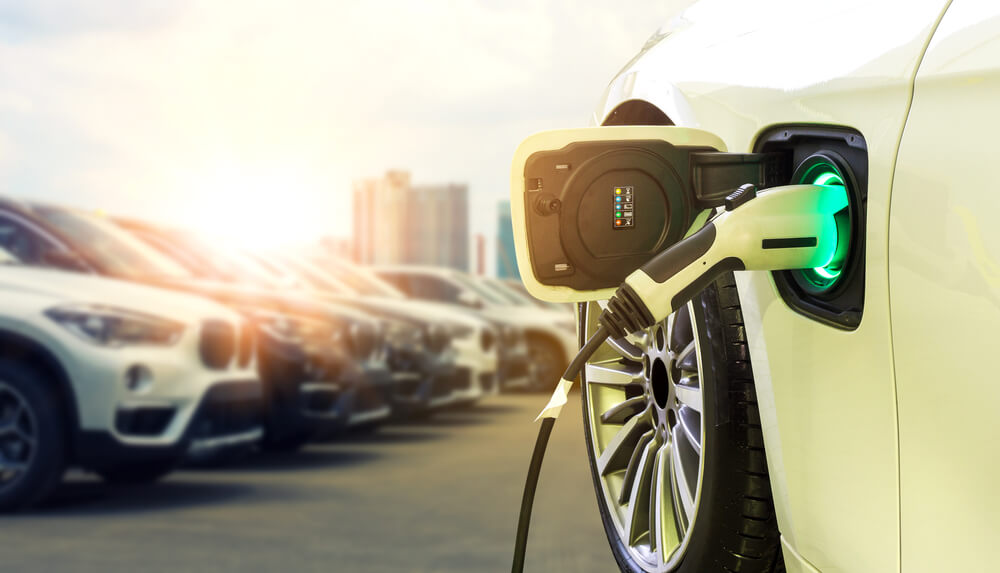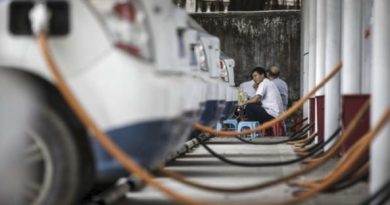EU announces deal to cut Emissions from New Cars by 37.5%

The European Union (EU) made official its highly contested deal to cut CO2 emissions from new cars by 37.5% by 2030. The union believes that the steep cut will force the hand of automakers to transition more aggressively into electric vehicles for the European market.
While the goal is aggressive and unprecedented for such a large market like Europe, it is said to be a compromise as the original target was to cut 40% of all emissions. However, the figure was later reduced due to protests from Germany which is home to a majority of European car developers, with a very string presence in diesel vehicles. The German Association of the Automotive Industry (VDA), which represents companies like BMW, Daimler, and Volkswagen, reportedly said, “The regulation demands too much while promoting too little. Nobody knows today how the agreed limits can be achieved in the time given.”
Miguel Arias Cañete, the EU climate change, and energy commissioner made the deal official this week,
Another deal!! This time on #CO2cars. We reached a compromise to cut emissions from cars (by 37.5%) and vans (by 31%) by 2030. With these ambitious targets, Europe is once again showing how to turn the #ParisAgremeent and #COP24 into action. pic.twitter.com/26HNfcHQiY
— Miguel Arias Cañete (@MAC_europa) December 17, 2018
The emission restrictions will apply to the overall sales of automakers resulting in them having to sell more electric vehicles and low-emission vehicles in order to compensate for their gas and diesel-powered cars.
Europe’s car industry has not taken to the new policy too well, claiming that the commitment was driven purely by political motives and that they are “totally unrealistic”. Erik Jonnaert, the secretary general of the European Automobile Manufacturers’ Association (ACEA), which represents companies such as Renault and BMW, said the targets will be extremely demanding on Europe’s auto industry, while also negatively impacting the jobs in the sector.
Maroš Šefčovič, the European commission’s vice-president for energy union, described the move as “another credible step in the implementation of the Paris agreement but also another decisive step in support of the long-term competitiveness of European industry.”
German Auto major Volkswagon, the parent company of Porsche, Audi among other major brands has come out and said that the new EU targets are so stern that even the company’s €30 billion effort to roll out electric vehicles in the next five years would not be sufficient to keep up with it. “A review of our planning is necessary, which will be done in autumn 2019,” Herbert Diess, Chief Executive of VW said in a press release. He acknowledged that VW’s planned actions were “not sufficient” to meet the new goals.




